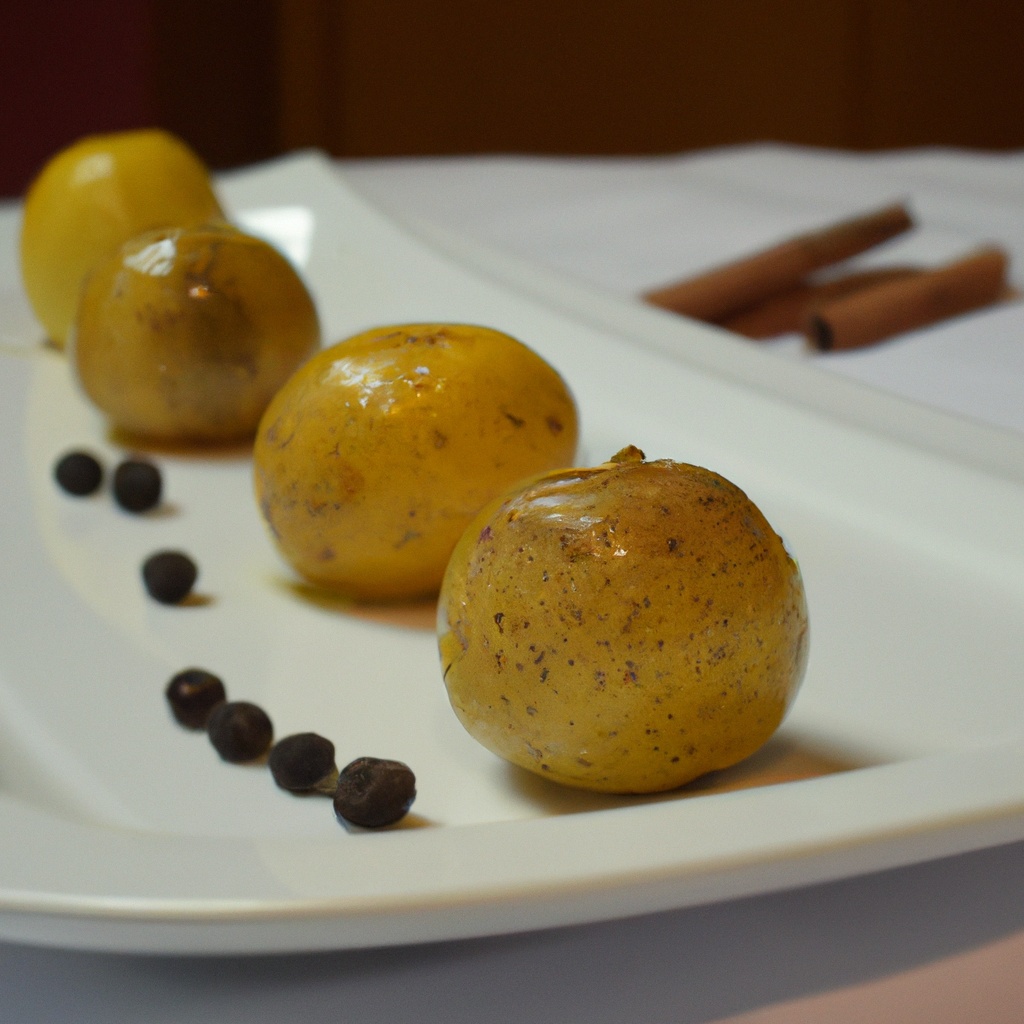PROS
Moroccan preserved lemons are a staple in Moroccan cuisine and add a bright, tangy flavor to dishes.
They are easy to make and can be stored for up to 6 months.
CONS
Moroccan preserved lemons are high in sodium, so they should be used in moderation or rinsed before use if you are on a low-sodium diet.
HEALTH & BENEFITS
Despite being high in sodium, Moroccan preserved lemons have some health benefits. They are a good source of vitamin C and can aid in digestion due to their high acidity. Additionally, they may have anti-inflammatory properties due to the flavonoids in the lemon rind.



/rating_off.png)
Leave a Reply